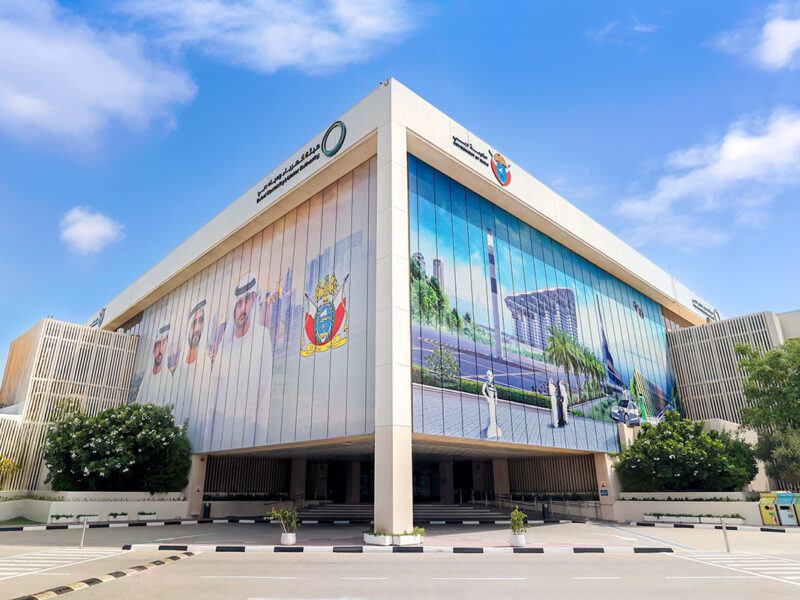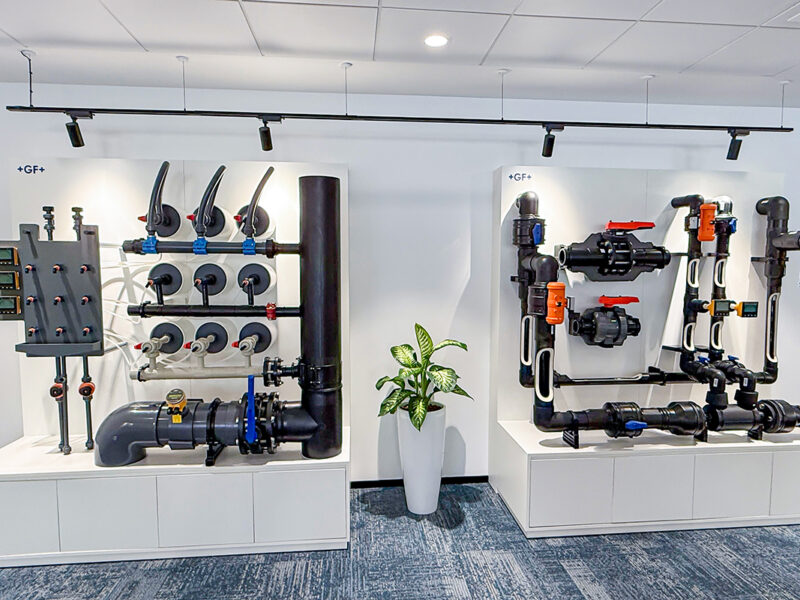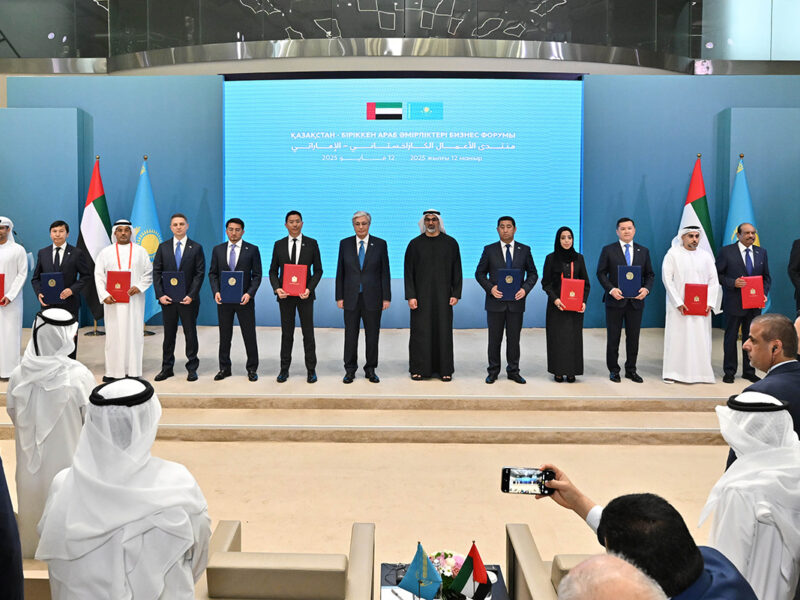A Middle Eastern energy company that has questioned the lawfulness of its own sukuk won’t settle the $700 million worth of debt owed to investors, according to people familiar with the matter.
Dana Gas, the Sharjah-based energy producer, has no plans to repay the two mudaraba sukuk of $350 million in size each due Oct. 31, and the company is confident it will win a court case with bondholders, the two people said, asking not to be identified because the information is private. A spokeswoman for the company didn’t immediately comment when contacted by Bloomberg.
The company, which has struggled to collect payments from Egypt and Iraq’s Kurdish region, announced plans in May to restructure the debt, but it shocked the Islamic finance industry a month later when it said it no longer considered its sukuk Shariah-compliant. The missed payment will be the second time in five years the company fails to settle bonds at maturity.
Dana Gas in June offered to replace the existing sukuk with four-year bonds that pay less than half the current average 8 percent profit rate. It retracted that offer in July, adding that it will seek a court-driven solution.
A UAE injunction has barred Dana Gas from taking part in a trial in London, but a court in the UK capital has given the company until Nov. 13 to get it lifted. A ruling will be handed down that day, Judge George Leggatt said earlier this month.
Mudaraba Sukuk
Fixed-income sukuk structured as mudaraba facilities have been largely discontinued in the UAE since 2007, when an influential Islamic scholar Sheikh Muhammad Taqi Usmani declared they shouldn’t guarantee capital repayment on maturity but instead be treated as equity instruments to ensure both partners share the risk and reward.
But Usmani made clear his guidance was only for future reference, and by that point Dana Gas had already raised $1 billion from the bonds in October 2007. When the mudaraba sukuk were restructured in 2012, Dana Gas made no reference to concerns over the sukuk’s legality.
Mudaraba is a type of Islamic financing that involves an investment-management partnership, whereby one partner provides cash and the other manages the investment in what’s meant to be a profit-sharing arrangement.









